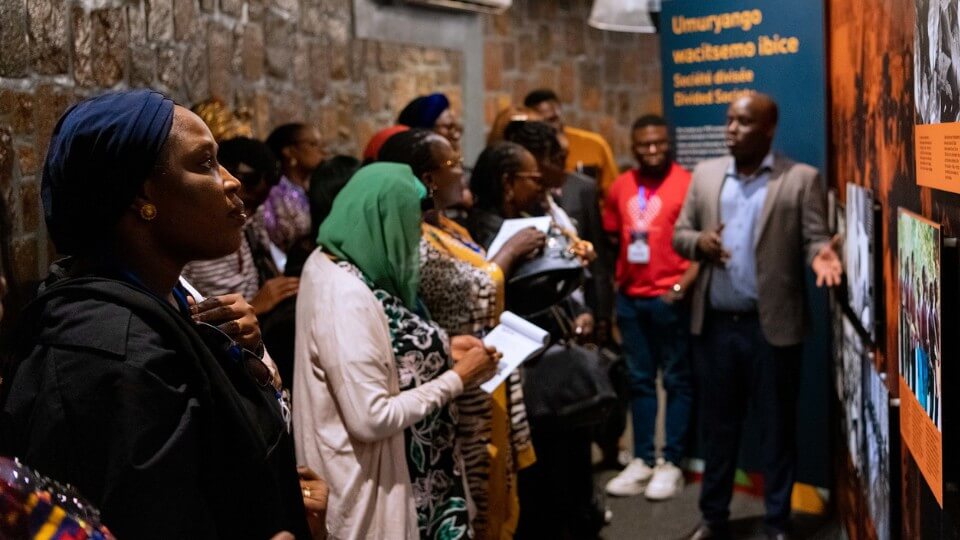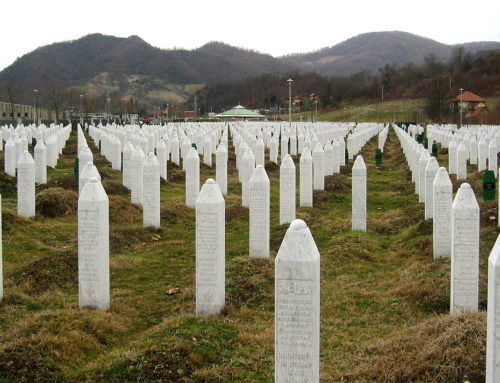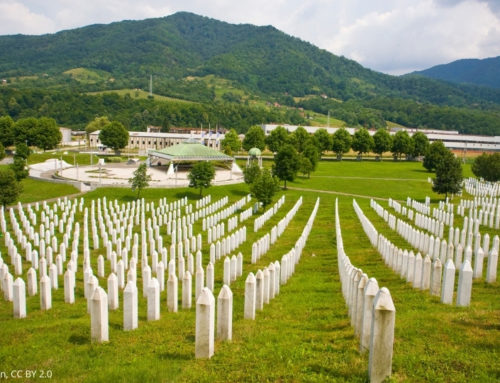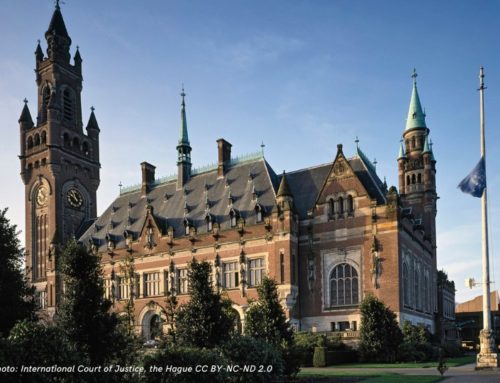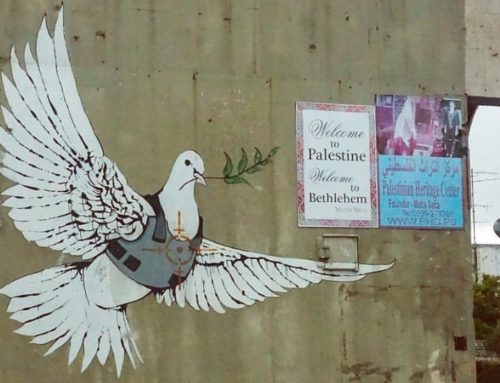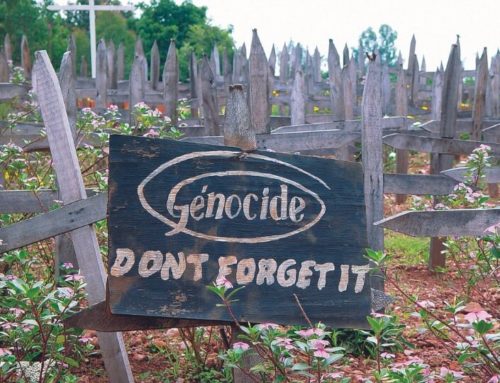A delegation of Nigerian women involved in national policy-making visited the Kigali Genocide Memorial on 22 May to pay respects to the victims of the Genocide against the Tutsi and participate in a one-day workshop with Aegis on Peace and Values Education.
The delegation was taking part in a 5-day study tour of Rwanda for women on peacebuilding and democracy organized by the Federal Ministry of Women Affairs in Nigeria in collaboration with Prime Unique Women Initiative.
To gain a deeper understanding, the group went through a physical tour of the memorial exploring Rwanda’s history before the genocide; the planning, implementation, and consequences of genocide, and insights on Rwanda’s journey towards rebuilding.
Education facilitators then took the group through an interactive session providing knowledge on the pathway and conditions that lead to identity-based violence and genocide as well as steps to increase social, emotional and cognitive skills to build empathy and personal commitment to peace.
The delegation also visited the Unity and Reconciliation Village in Rweru, Bugesera in Eastern Rwanda to hear first-hand from survivors of the genocide living together with the ones who participated in the killings of their families.
“The contribution of Aegis towards peacebuilding cannot over-emphasized because at every point in life they make their impact felt. The in-depth explanation they give to the visitors on the history makes them very credible and reliable,” commented delegate Agan Iniyom Eyoma. “By the time I get back to Nigeria I will tell everybody around me that what is happening in Rwanda is something that we, as Nigerians and Africa at large, must imbibe.”
“Seeing how Rwandans built peace and coexist with each other is a great lesson to take back to the army. In my report I have already recommended that peace and values education should be incorporated in subjects or courses offered in the Nigerian army, in primary, secondary, and higher institutions,” commented Major Alamene Inimotini. “I am grateful for the opportunity I was given by the Chief of Army Staff of Nigeria to come to learn how Rwanda has managed to integrate perpetrators back in the community and living together with survivors. I was perplexed when we visited the reconciliation village and saw a woman sitting next and holding hands with a man who killed her family. This is not easy.”
“I was so emotional from the stories and people I met here. Their ability to forgive despite what they have gone through is powerful,” commented delegate Nabila Idoko. “As a lecturer at the University, I commit to teach my students about forgiveness and being empathetic to one another.”
“We understood what it means to go through pain but forgive. I salute the courage of Rwandans for being able to look forward and not stay in the past,” commented delegate Bessie Nneka Ifekwuna.

